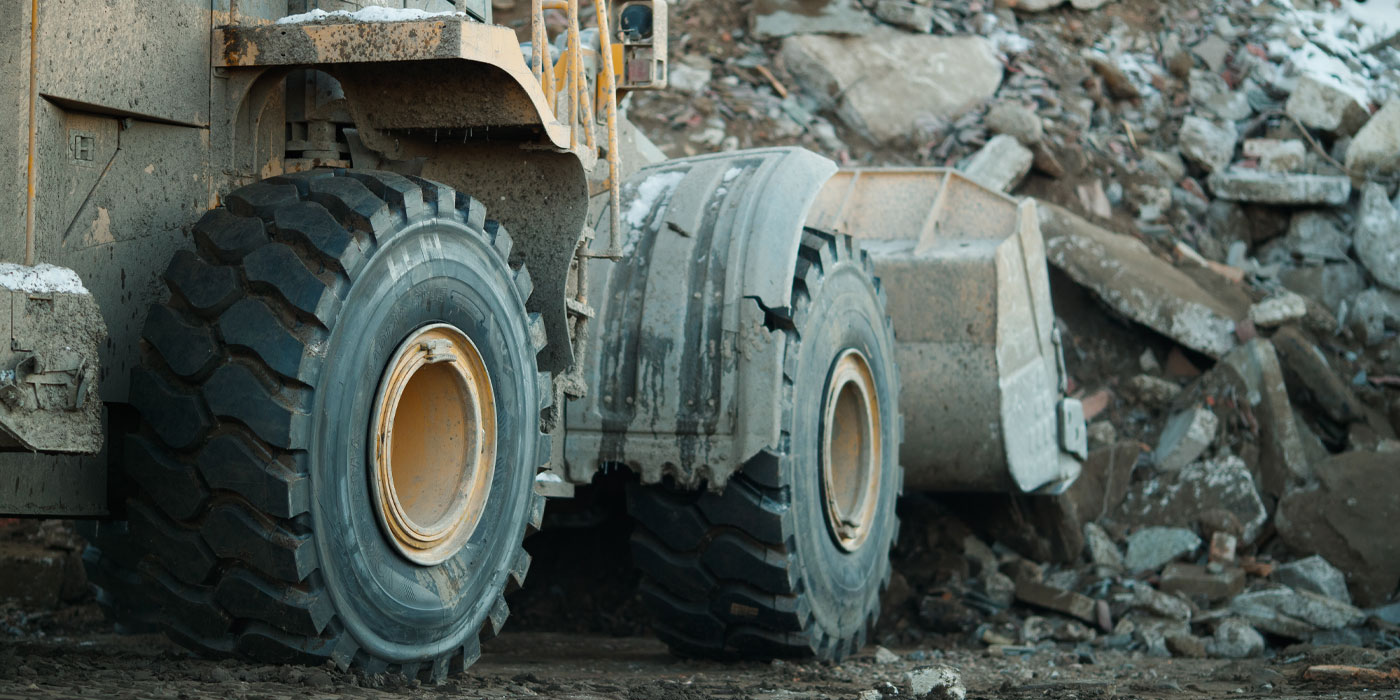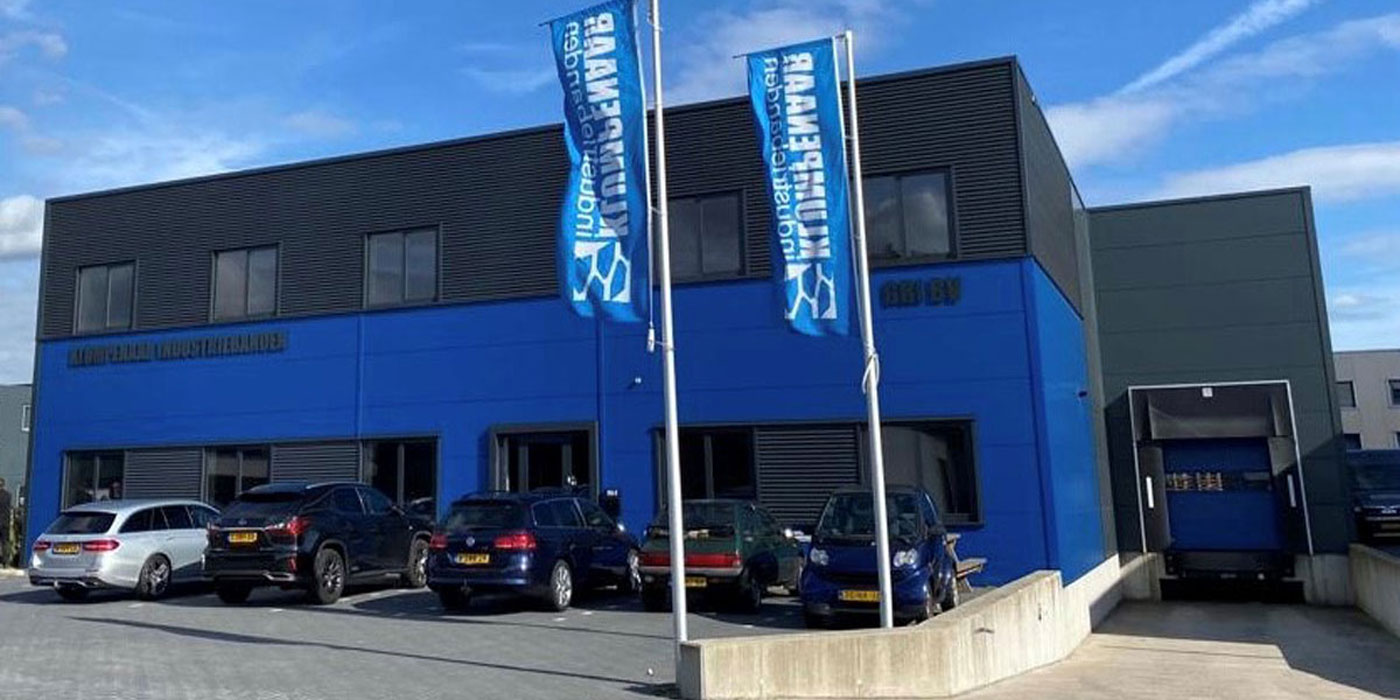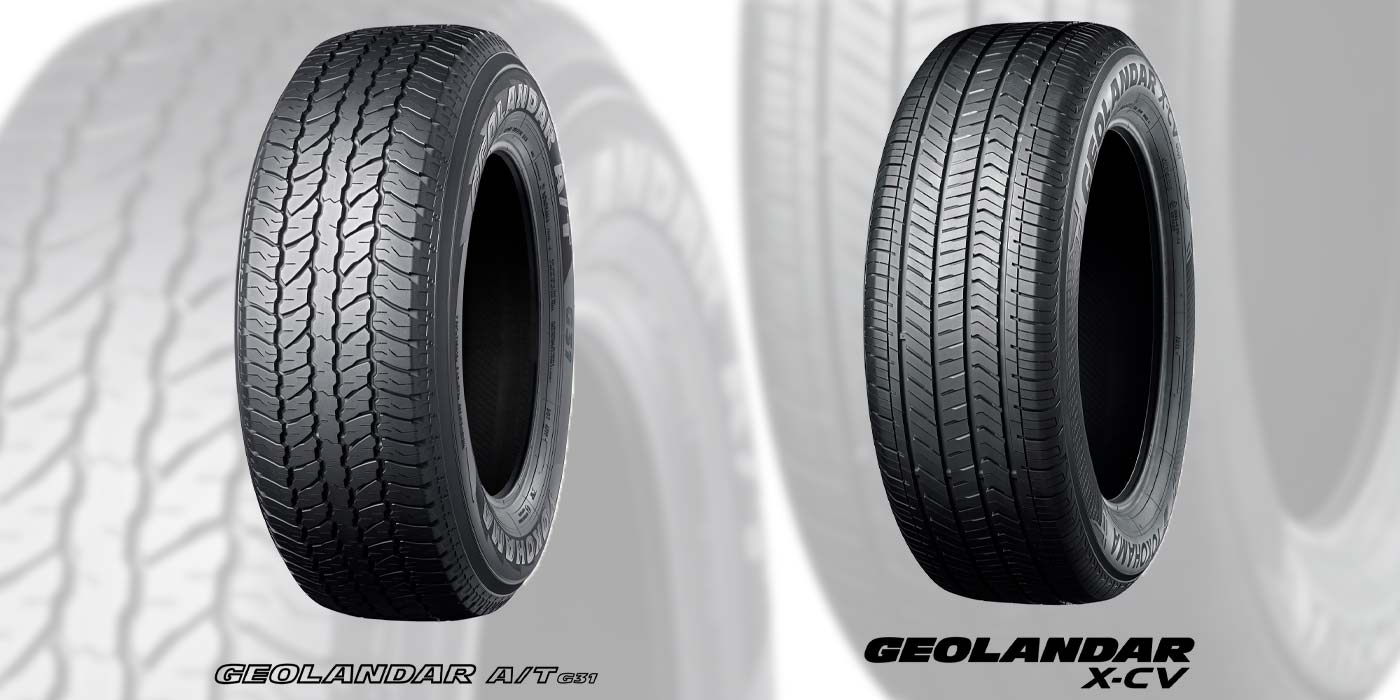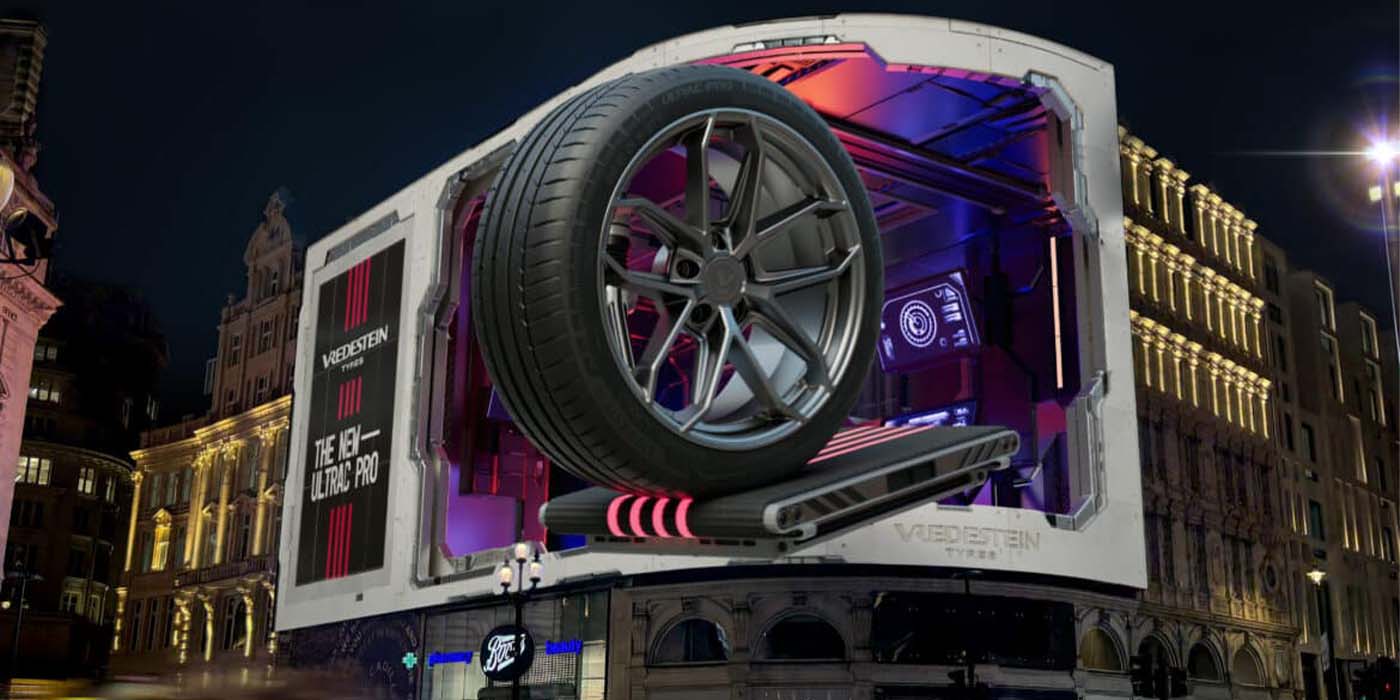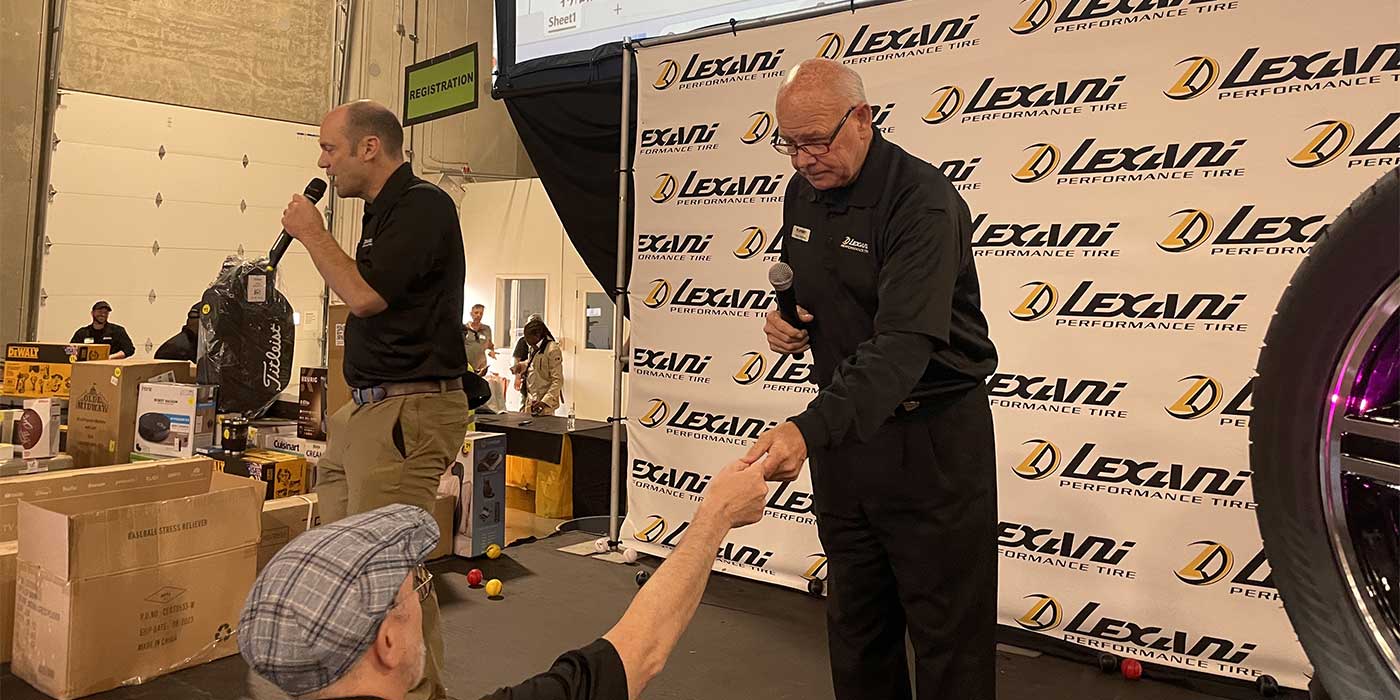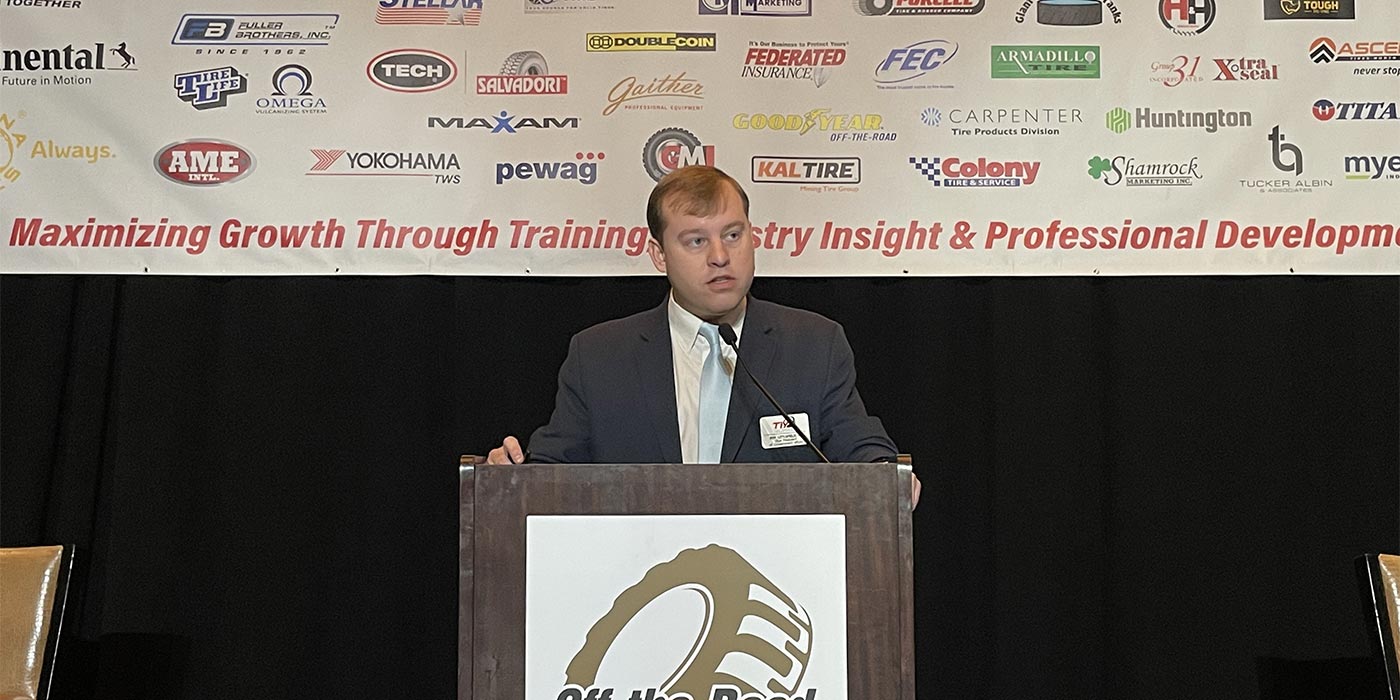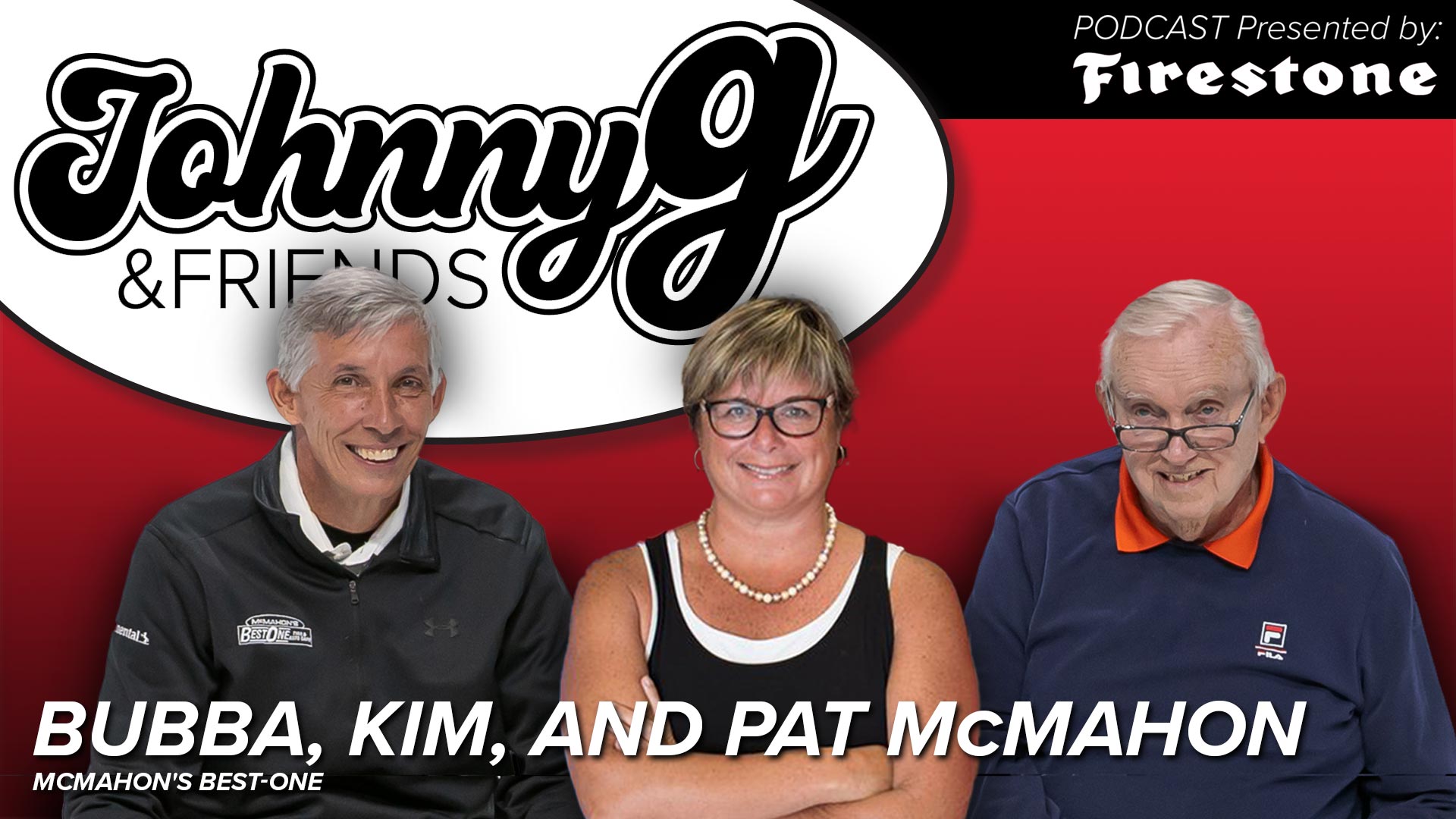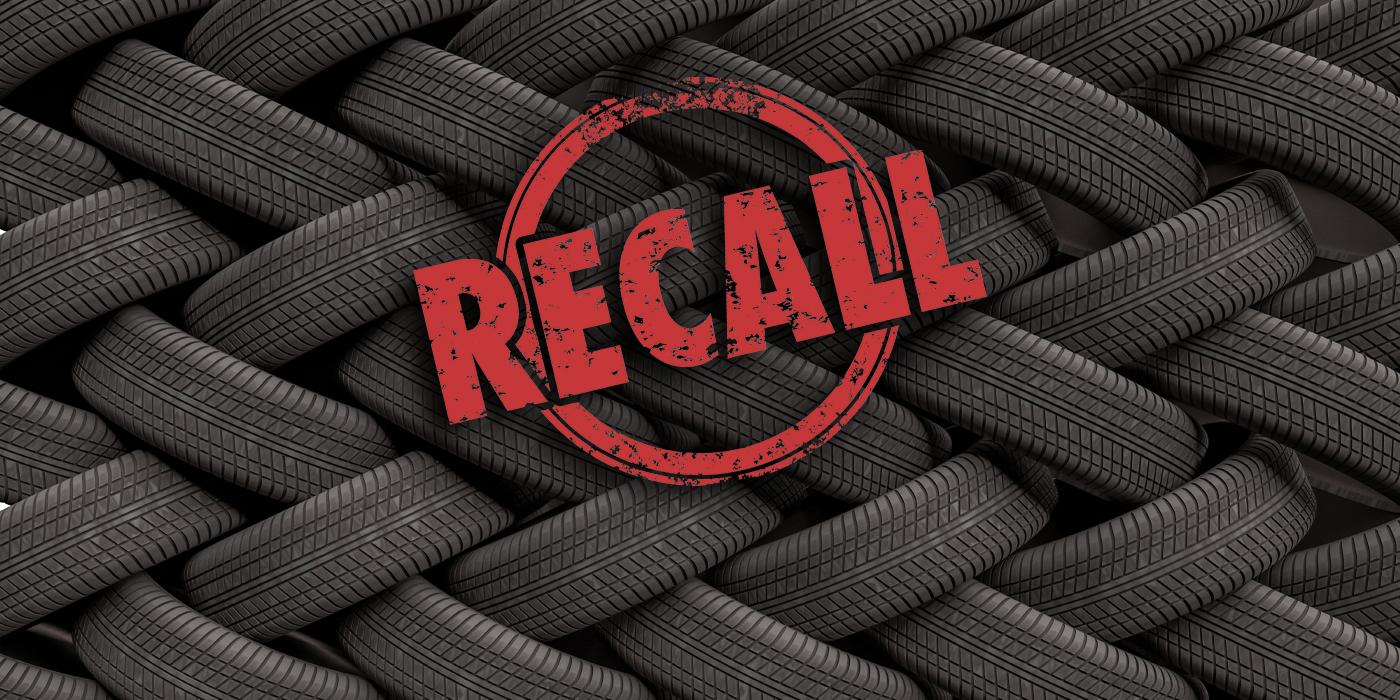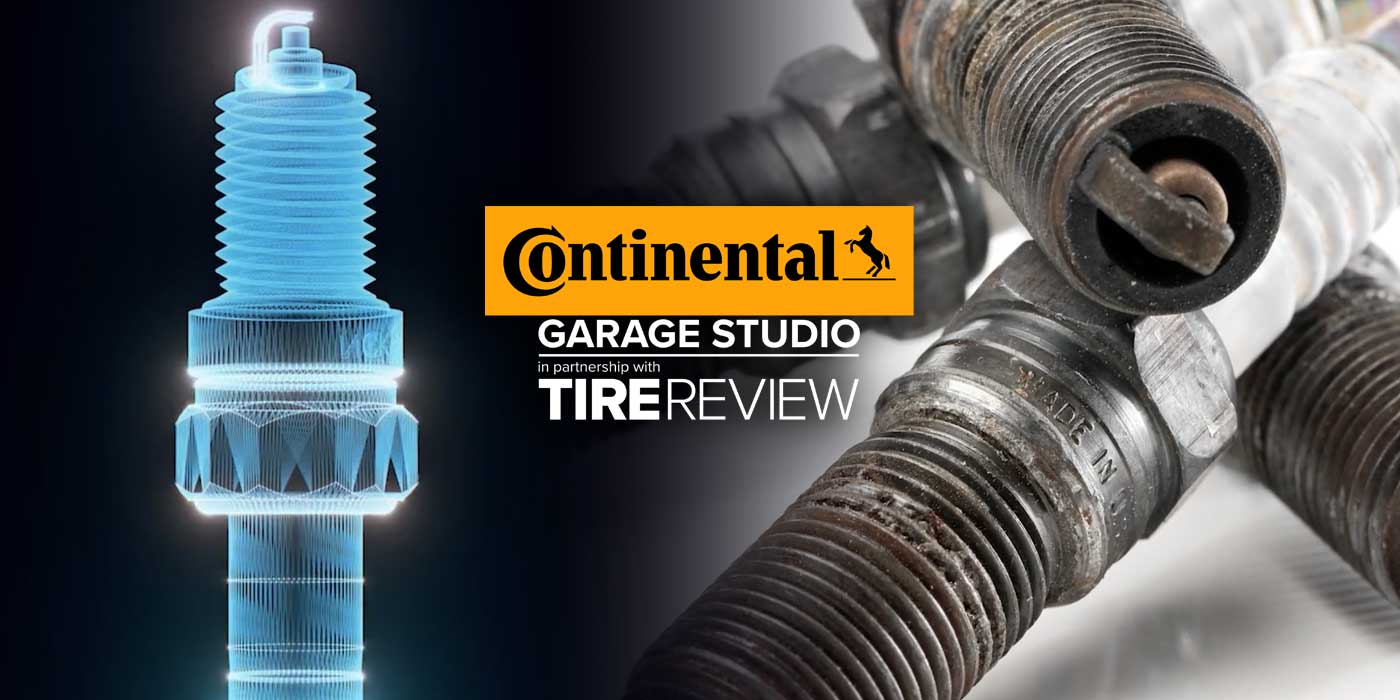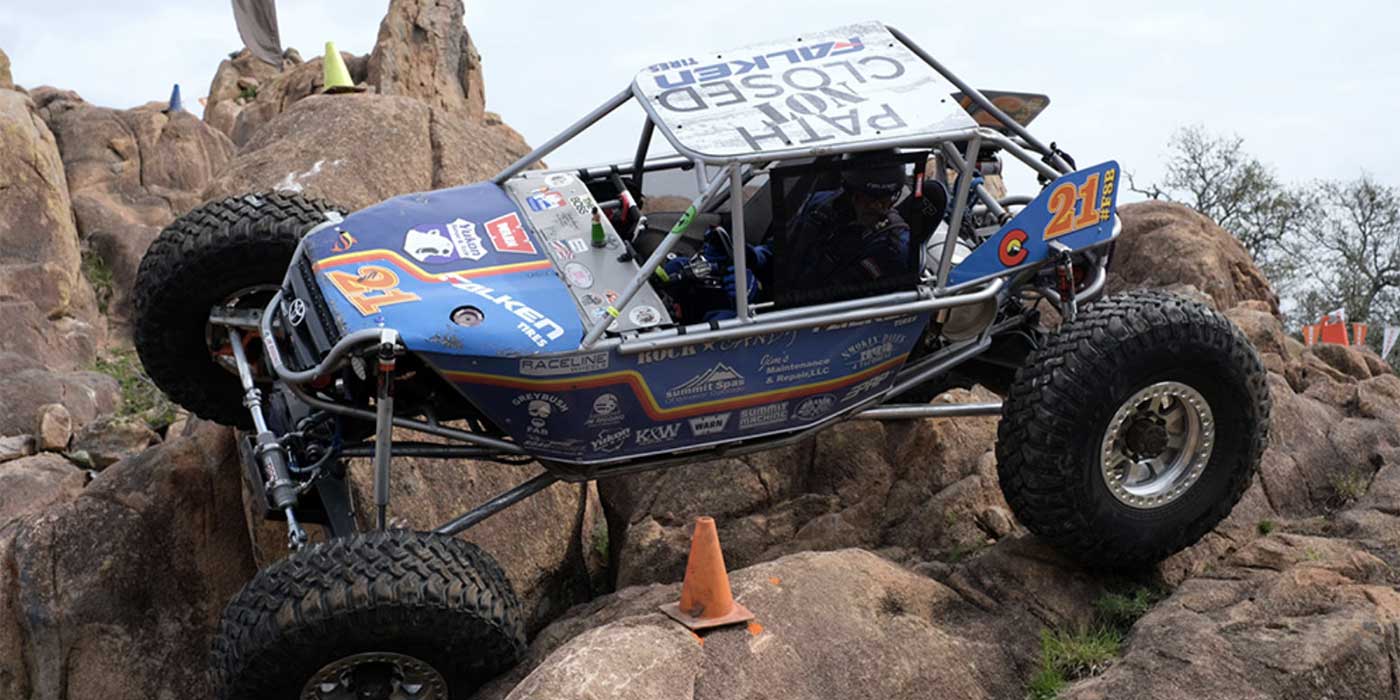Also under discussion in conjunction is an “environmental label" aimed at informing consumers about tyre rolling resistance, as is a new requirement for reducing tyre/road noise. However, Continental AG has voiced its concerns that the realisation of both targets in the scope envisioned by the EU would entail considerably compromising a tyre’s performance in terms of road safety.
“We, too, are very much endeavoured to effecting a continued and sustained improvement in the environmental compatibility of our products. Nonetheless, we explicitly advise against any one-sided approach at the expense of safety," said Manfred Wennemer, executive board chairman of Continental AG.
“A good tyre has to be balanced, that is, alongside other properties it must also offer the lowest possible rolling resistance and, at the same time, good braking properties. Anything else would represent a marked setback in terms of road safety. Not only motorists but also kids out at play, pedestrians and cyclists would also suffer in this case. What is more, a development in this direction would run counter to the European Road Safety Charter, in which the EU has committed itself to halving the number of traffic fatalities to 25,000 by 2010. That should, however, remain the overriding objective,” he said.
Nowadays, even manufacturers without wide-ranging technical know-how are capable of designing tyres specifically for low-rolling resistance. Yet, these tyres also often exhibit much poorer braking on wet roads. Current winter tyre tests from the German motoring organisation ADAC indicate that even quality products designed expressly for extreme low-rolling resistance and high mileage perform ten per cent poorer in terms of wet braking than tyres with good all-round properties. Editors of the German magazines "auto motor und sport", "AutoBild" and "Stiftung Warentest" – whose test parameters are set in such a way as to provide the most balanced possible assessment of safety and environmental aspects – also came to similar conclusions.
“In the case of these test results we talk about eight-metre-longer braking distances for a vehicle operating at a speed of 100 km/h. At the time of a potential crash, a vehicle whose tyres were designed solely with low rolling resistance in mind, and thus exhibit poorer braking, still has a residual speed of 35 km/h at the moment when the vehicle with balanced tyres has already come to a stop,” underscored Wennemer. For this reason, says Conti, experts are highly critical of a one-sided “tyre rolling resistance label“. According to these experts, including the ADAC, braking performance should definitely also be included in consumer information and, at the same time, indicated on a corresponding label.
“New, really clear labelling would have the advantage of truly giving the motorist a choice. At the same time, it would warn against fitting tyres with poor handling properties. Labelling like that is the very least that we would want to see in terms of consumer education,” said Wennemer. The ADAC and ETRMA, the umbrella organisation for European tyre manufacturers, also back this recommendation. Conti adds that the type of labelling that may make sense in the case of refrigerators in no way reflects the complexity of high-tech products such as tyres.
The German tyremaker believes the basic problem is that of conflicting goals in the case of tyre design, something it comments both consumers and lawmakers have little awareness of. Because of the laws of physics and chemistry, a tyre is always something of a compromise in terms of its design and the compound used. “It can’t provide super braking on wet roads, hold out for the life of the vehicle, generate virtually no noise and on top of all that have low rolling resistance so low as to render the vehicle maximally fuel-efficient with more or less zero CO2 emissions. Improving one property too much automatically means that compromises have to be made with at least one other requirement,” explained Dr. Burkhard Wies, head of passenger tire development at Continental.
“There is a similar problem in the case of noise build-up. Minimal tread pattern means minimal noise build-up. A slick tyre like those used in Formula 1 would represent the absolute epitome. This is not an option for normal everyday cars, of course. A tyre like this has extremely poor braking qualities in the wet; its hydroplaning properties would also be completely unacceptable," continued Dr. Wies.
Continental points out that on city streets it isn’t tyres that account for most traffic noise; rather, most is generated by engines revving up when vehicles accelerate, squealing brakes and other sources, such as manhole covers or road markings. At speeds of between 60 and 100 km/h, on the other hand, tyres emit the most noise. At speeds above 100 km/h vehicle body wind noise is the main culprit. “We know that in any case, the European tyre industry in particular already offers very quiet tyres. If all tyres – even cheap imports – were just as quiet as those sold by quality manufacturers, much would already be achieved,” added Dr. Wies in closing.

